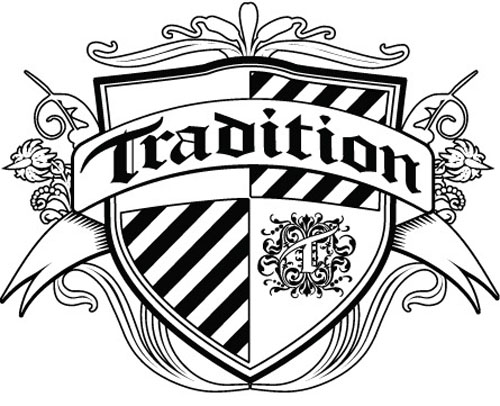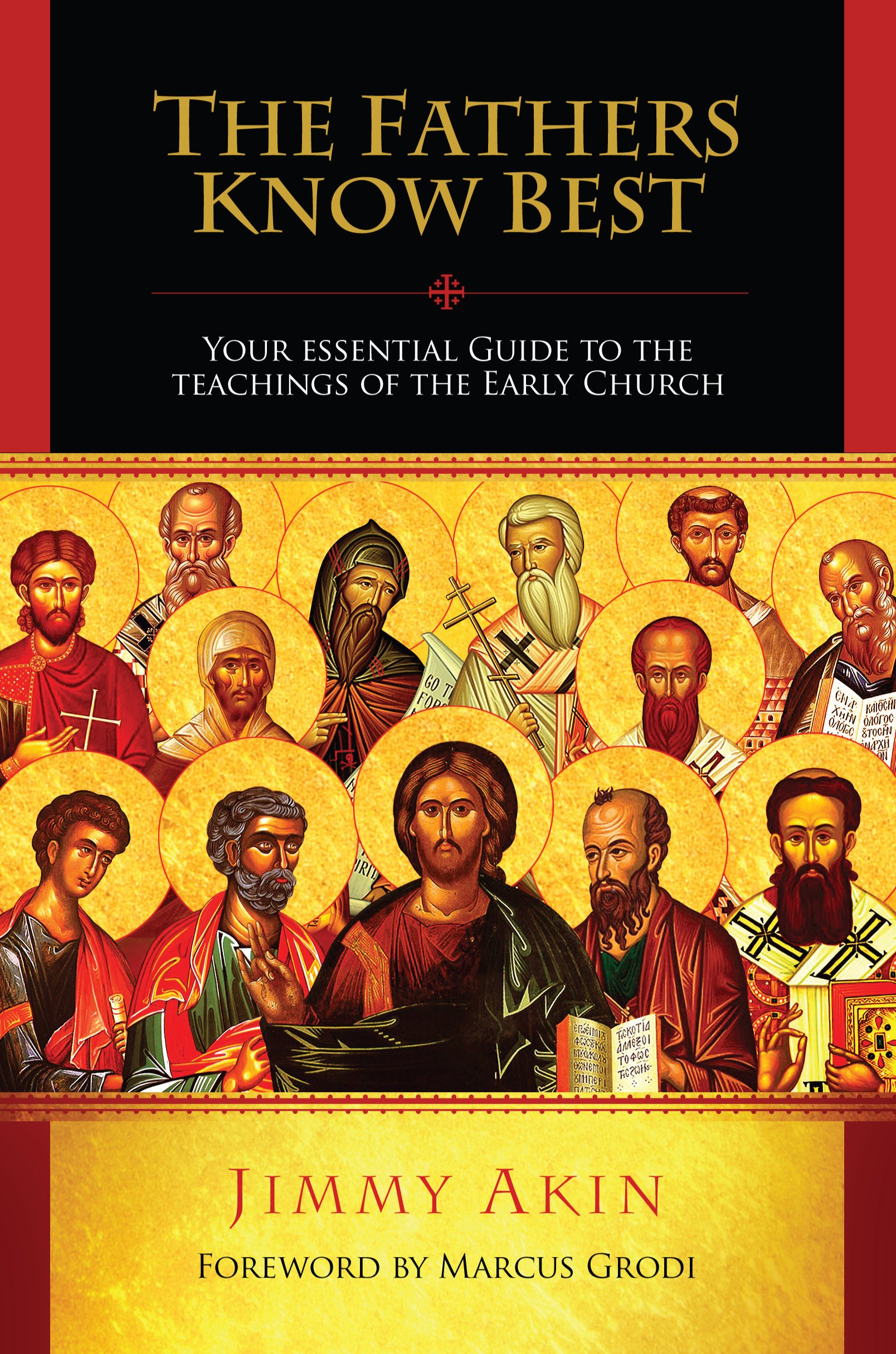Technology is new. It is flashy!!! 🙂 It is impressive!!! But, it ALL comes from somewhere. It does. It is not, NEVER created out of nothing (ex nihilo). Frankly, one of the challenges of working with and in technology is all the “newness” coming at the practitioner with light speed! Couple the techno-babble with virulent marketing, new packaging, new acronyms, frankly, meant to confuse, dazzle, and distract and too quickly lead to belief in its uniqueness, its “newness” and it down right gives the engineer a headache!
But, with length of experience and good training, the technologist learns in his decades of practice that nothing ever comes from nothing. It really is all a progression of what came before, always. Maybe a tweak here, or a little stardust there. But, the technologist’s first duty when presented with “NEW & IMPROVED!!!” is where does this actually come from? What is it’s phylum, species, genus? Once that curtain is pulled back, “Oh, I get it!!” results with years of training and practice, and you do. 🙂

-by Br Constantius Sanders, OP
“Ever tried to do something completely original? Give up on traditions? Do something brand new, entirely of your own doing? It’s really not possible. Sure, you can act uniquely, but only accidentally. We rely on traditions to do anything of substance, such as the languages we use to communicate and the customs that dictate effective interaction. Just about everything we use has an origin outside of us. The same is true for our existence and the existence of the world around us. We simply can’t be entirely original. Only One has ever been completely original, and He is the origin of all things. This is a comforting, and humbling, truth.
Recognizing our inability to be original and our dependence on traditions is a necessary part of being human. Tradition, or receiving what is “handed on,” gives us the very tools by which we interact with the world around us. In many ways our lives and work are given their shape by those who have gone before us. Acknowledging the role that tradition plays in our lives is little more than accepting a truth about human existence. It is humbling to realize how dependent we are on others, both past and present, in order to do just about anything.
Think of modern scientists. They have to accept many traditions in order to accomplish new work. The entire body of scientific knowledge, as well as the customs regulating how to communicate it, are simply traditions. The same is true in the liberal arts, in culture, and in any other pursuit. One must be immersed in a tradition in order to contribute to that field. This is what makes different traditions or “schools” of thought so important. It is a recognition of the value of the work that went before you, and the desire to further its study. We are not the creators of our pursuits. We rely on traditions to give us the form in which we can flourish.
The same is true in religion. We are not the founders of our spiritual lives or the inventors of salvation history. The content of faith is passed down from Christian to Christian. For Catholics in particular, the Tradition we have been given has already been tried and found fruitful by those who came before us. It is a whole way of life which we take on to grow in knowledge and love of God. We can’t do it on our own. Everything has first been “handed on” to us, in order that we might discover its promises for ourselves. From the stories of the Old Testament, to its fulfillment in the New, and the development of the Faith through the centuries, Tradition is what gives us the supernatural form in which our lives of faith can flourish.
Recognizing any tradition can often seem like asking a fish to notice the water it swims in. Its ubiquity can lead to a lack of appreciation. Yet a fish must be humble enough to accept the truth that it can’t live without water. In an age that prizes self-determination, it is interesting to note that while many self-determining groups or individuals strive to be absolutely original, they turn out to be rather similar. On the other hand, accepting tradition (especially our Tradition of faith) actually allows us to contribute in unique ways, without the pressure of trying to be or do something completely new. We can still help create great things or develop great ideas, but this is done by first recognizing both the values and limits of what already is. Thankfully, we don’t have to be ex nihilo creators of the next brilliant new thing. In fact, we can’t.”
Tradition!
Tradition is important to every person and every group of people. It is part of our very identity. It represents our education, our culture, everything that has been handed on to us by the previous generation. Tradition is—literally—what is handed on. The term comes from the Latin word tradere, ‘‘to hand on.’’ Not all traditions are important. Some are frivolous or even harmful (see Mk 7:8 and Col 2:8 on traditions that are merely ‘‘of men’’). But some are very important indeed.
For Christians, the faith that has been handed on to us from Christ and the apostles is of unparalleled importance. In Catholic circles, this passing down of the faith is referred to as ‘‘sacred Tradition’’ or ‘‘apostolic Tradition’’ (with a capital ‘‘T’’ to distinguish it from other, lesser, ‘‘lower-case’’ traditions, including those merely ‘‘of men’’).
At first the apostles handed on the faith orally—through their preaching—but with time some of them and their associates wrote the documents that form the New Testament, which together with the Old Testament comprise sacred Scripture. Since Scripture has been handed down to us from the apostles, it can be seen as the written part of Sacred Tradition.
Whether or not an item of Tradition was written down in Scripture, it was still important and binding for believers. A number of places in the New Testament exhort the reader to maintain Sacred Tradition (e.g.,1 Cor 11:2; 2 Thes 3:6), and in 2 Thessalonians 2:15, St. Paul bluntly tells his readers to ‘‘stand firm and hold to the traditions which you were taught by us, either by word of mouth or by letter.’’ So whether Christian Tradition was received orally or in writing, it was authoritative. Another noteworthy passage is 2 Timothy 2:2, in which the apostle instructs his protégé, ‘‘what you have heard from me before many witnesses entrust to faithful men who will be able to teach others also.’’ Bearing in mind that this letter is Paul’s swan song, written just before he died (2 Tm 4:6–8), Paul is exhorting the transmission of Sacred Tradition across generations of Christian leaders—from his generation, to Timothy’s generation, to the ones that will follow. It was through the Church Fathers that this transmission would be accomplished.
The Fathers of the Church
Certain individuals in the early Christian centuries are referred to as Church Fathers or ‘‘the Fathers of the Church.’’ The origin of this analogy is found in the New Testament, which depicts the apostles as the fathers both of individual converts and as the fathers of particular churches. Since the apostles spiritually provided for, taught, and disciplined those under their care, it was natural to apply the analogy of fatherhood to them (though of course this has its limits and must not be confused with the unique Fatherhood of God; see Mt 23:9). After the time of the apostles, others also spiritually provided for, taught, and disciplined the Christian community, and it was natural to apply the analogy of fatherhood to them as well. This was the case especially with bishops, who were regarded as the spiritual fathers of the communities that they served.
In time, the concept came to be applied in a general way to those who shaped the faith and practice of the Church in its earliest centuries. They became ‘‘Fathers’’ not only for their own age but for all ages that would follow. Some of these—the ones who heard the preaching of the apostles themselves or lived very shortly after the time of the apostles—came to be called the ‘‘Apostolic Fathers’’ or ‘‘Sub-Apostolic Fathers.’’ Together with the Fathers of later ages, they were important witnesses to the apostolic Tradition.
Though pronounced somewhat differently in Greek and Latin, the word for ‘‘father’’ in both languages is pater. A number of terms have been derived from this word, and on account of it we refer to the early Christian centuries as the patristic age (the age ‘‘of the fathers’’ ) and to the study of the Fathers as patrology.
Love,
Matthew


